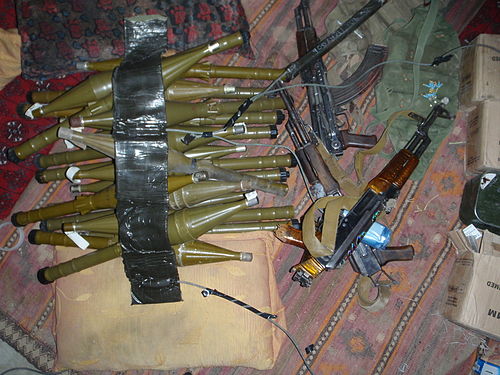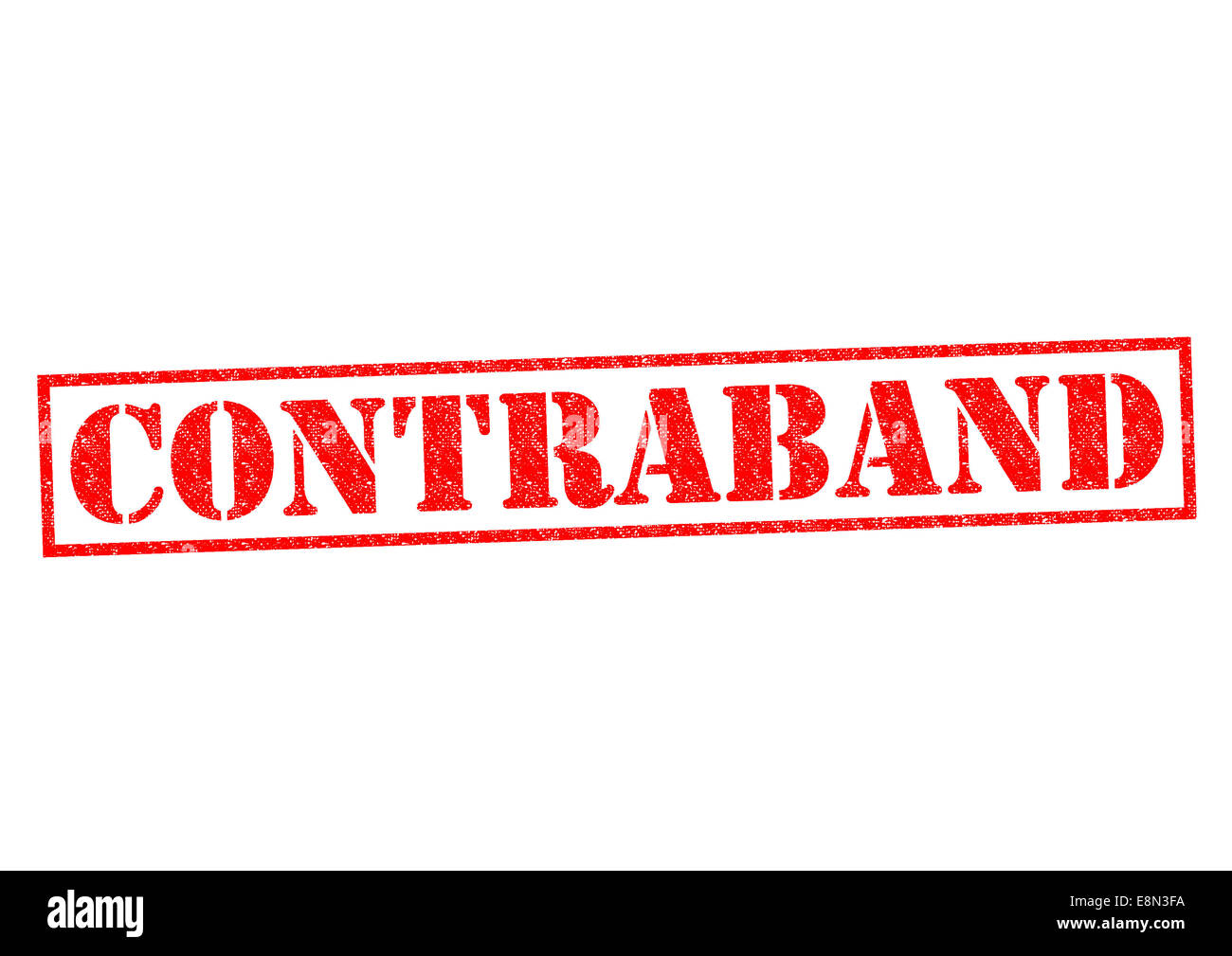


(2) Staff shall consider as nuisance contraband any item other than hard contraband, which has never been authorized, or which may be, or which previously has been authorized for possession by an inmate, but whose possession is prohibited when it presents a threat to safety, security, or good order of the facility or protection of the public, or its condition or excessive quantities of it present a health, fire, or housekeeping hazard. Items possessed by an inmate ordinarily are not considered to be contraband if the inmate was authorized to retain the item upon admission to the institution, the item was issued by authorized staff, purchased by the inmate from the commissary, or purchased or received through approved channels (to include approved for receipt by an. Examples of hard contraband include weapons, intoxicants, and currency (where prohibited). (a) Contraband is defined in 500.1(h) of this chapter. (1) Staff shall consider as hard contraband any item which threatens the safety, security, or good order of the facility or protection of the public and which ordinarily is not approved for possession by an inmate or for admission into the institution. (b) For the purposes of this subpart, there are two types of contraband. Items possessed by an inmate ordinarily are not considered to be contraband if the inmate was authorized to retain the item upon admission to the institution, the item was issued by authorized staff, purchased by the inmate from the commissary, or purchased or received through approved channels (to include approved for receipt by an authorized staff member or authorized by institution guidelines). (a) Contraband is defined in § 500.1(h) of this chapter.


 0 kommentar(er)
0 kommentar(er)
